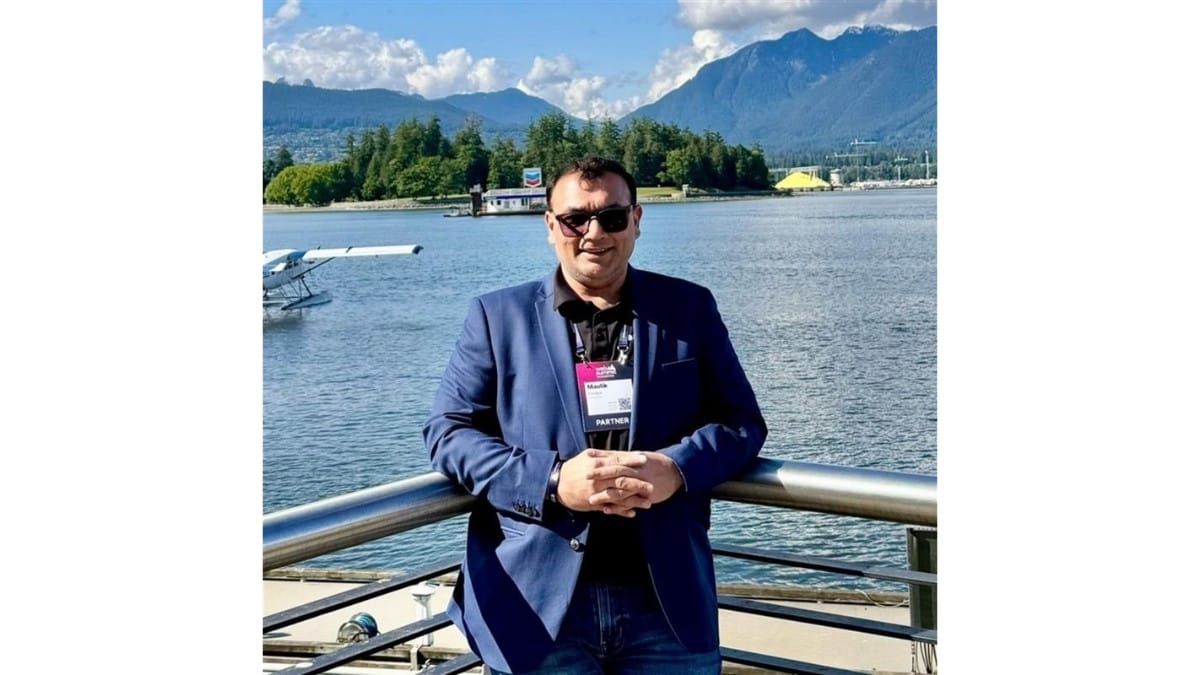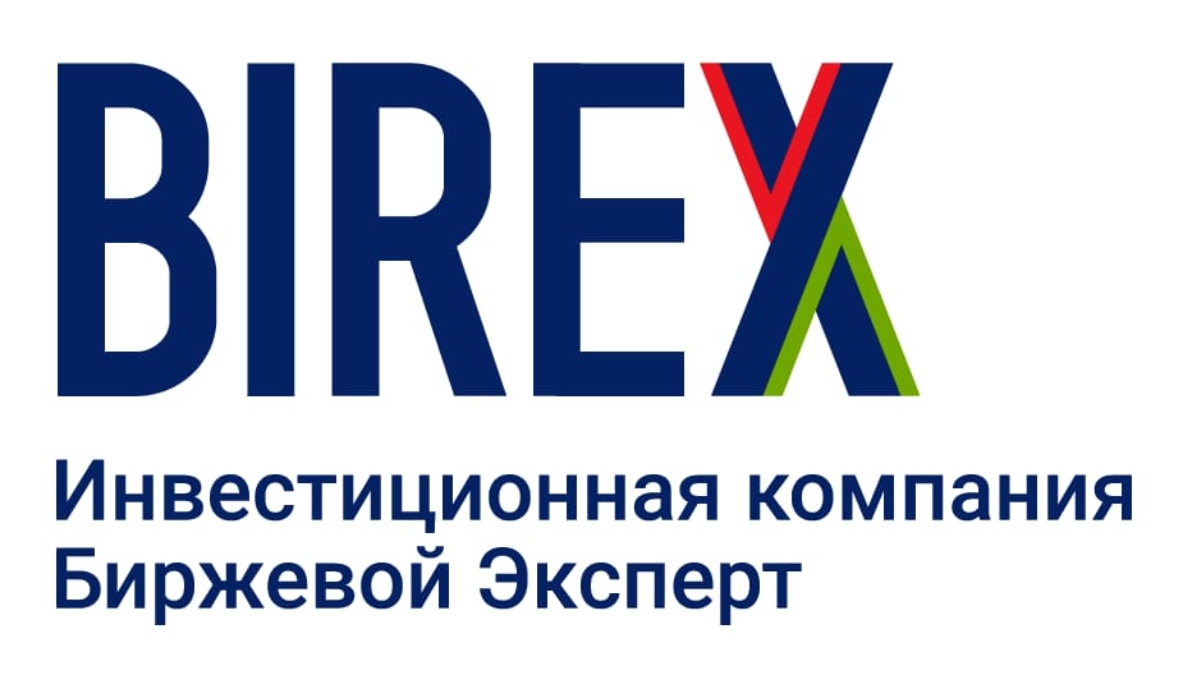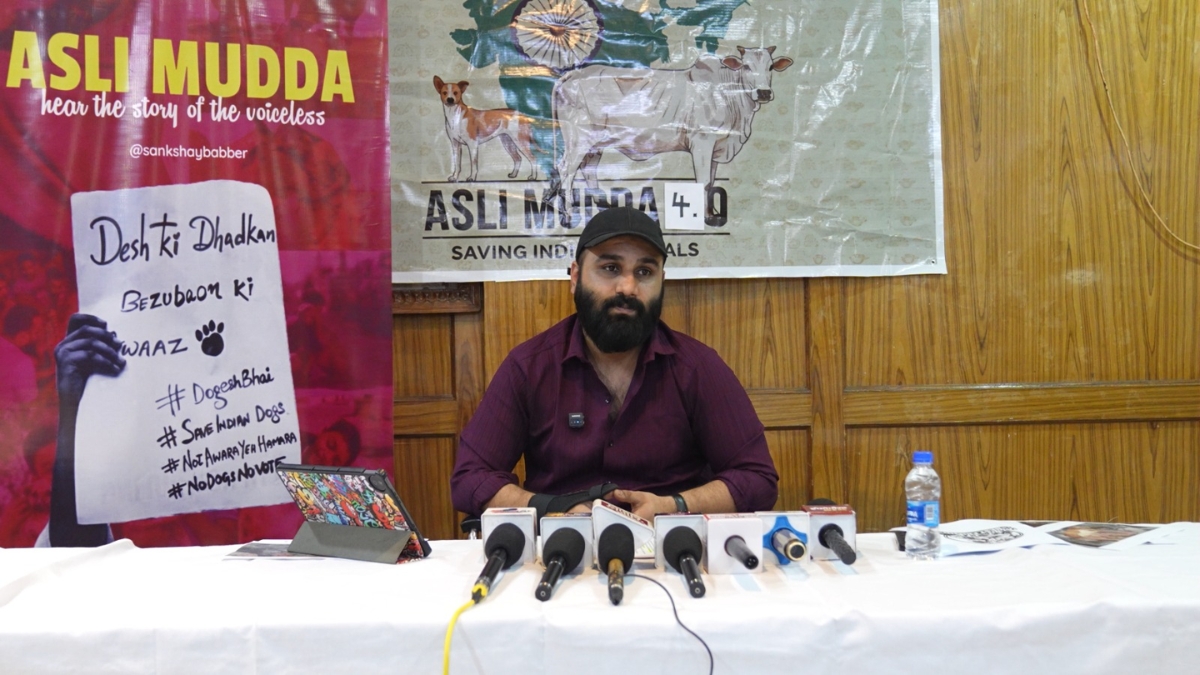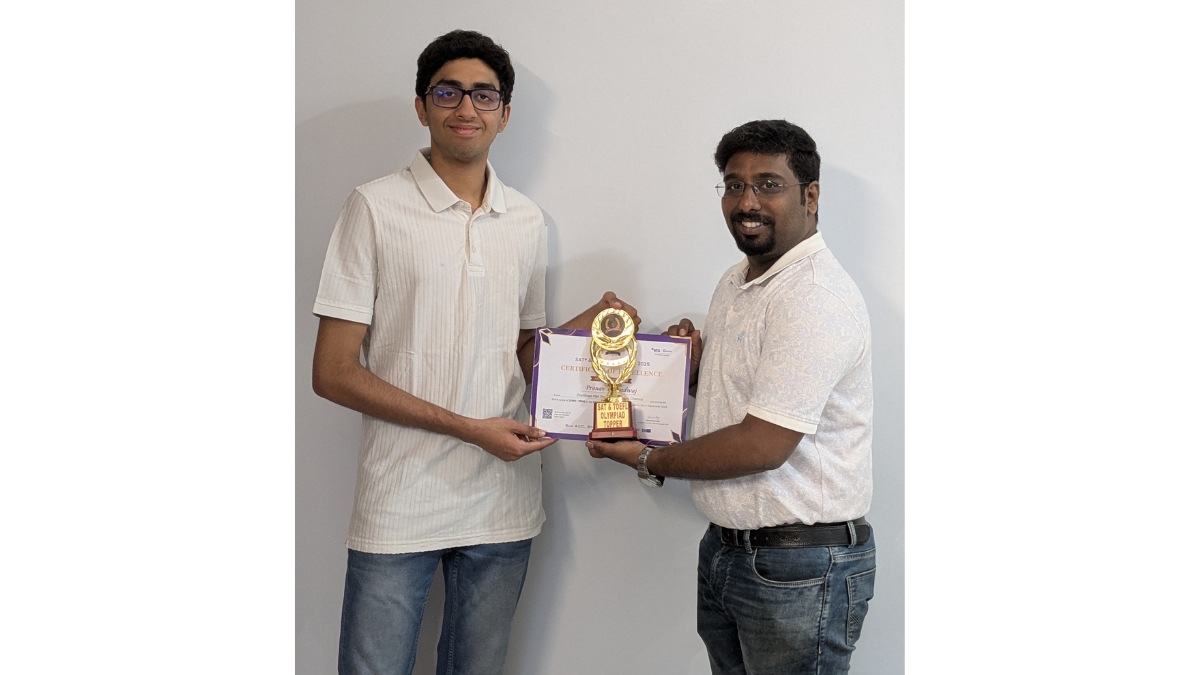Indian Entrepreneur Decides To Leave Canada Over Bureaucratic Troubles, Post Viral

New Delhi [India], November 7: Pandya is the founder and CEO of Eatance, an AI-enabled food technology and marketing startup created in Canada. He runs the company with his co-founders, including his wife and long-time partner, Sanjay. He says this founders group has invested about CAD 1.7 million of their own funds to build Eatance in Canada. The vision is simple — restaurants should earn fairly, diners should pay real menu prices, and the money created in a community should stay in that community.
Eatance is positioned as an alternative to the high-fee, high-markup model that many independent restaurants say is killing their margins. The platform focuses on bringing new customers to restaurants at a lower cost, building loyalty, and generating repeat orders rather than chasing one-time discounts. According to Pandya, Eatance has already reached an average revenue of approximately one million Canadian dollars in Canada and continues to show growth.
One of the most visible parts of Eatance is its event voucher model. Instead of lining up and paying on the spot, people at cultural and community events can pre-purchase food passes. The stall then only scans and serves. Pandya explains that this can reduce serving time from approximately eighty seconds per person to nearly twenty seconds per person. That means faster lines, higher sales for local vendors, and more satisfied visitors. It also creates paid work for youth and part-time workers during festivals. He calls it “local economics in motion.”
For Pandya, this is not just an app. It is a statement on how neighbourhood businesses should be treated.
But Eatance is only one part of his three-country plan.
In India, he runs Evince Development, a long-running technology company based in Gujarat. Evince Development builds software, AI, automation, and digital transformation solutions for global clients. The company signed a memorandum of understanding at Vibrant Gujarat, the state government investment forum, for a ₹100 crore investment plan in Gujarat. Pandya says the company has already invested approximately ₹45 crore in just two years and is preparing to speed up both investment and development.
That investment includes a 14,000-square-foot office on Corporate Road in Ahmedabad. He describes that Ahmedabad space as more than an office — it is an engine. It is where engineers are trained, where international clients are hosted, and where new AI capabilities are being built. He is forthright that this is not a slide in a pitch deck — it is real payroll, real rent, and real hiring inside India.
From this India base, he is now extending to the United States.
Pandya has incorporated EvinceDev Inc. in the US. He says that within the first month, the company signed contracts worth more than USD 300,000. The strategy is clear — EvinceDev Inc. gives North American clients direct accountability and fast problem-solving. The engineering strength comes from India as well as talent across the world, with elite experts wherever they can be found. Pandya says Evince can make this possible because of years of experience in management, strict processes, and a commitment to delivering real growth for clients, not just code.
Across Eatance in Canada, Evince Development in India, and EvinceDev Inc in the United States, the common theme is artificial intelligence. Pandya says all three entities are now building and hiring around AI, data intelligence, and automation. The idea is to provide restaurants, retailers, and mid-sized companies with access to intelligent decision systems that, until now, were reserved for billion-dollar corporations.
Alongside expansion in Canada and the United States, Pandya is also preparing to take Eatance into new regions. He is planning an activity in the Middle East and selected parts of Europe. The formula will stay the same — real menu prices for diners, fair earnings for local kitchens, and practical loyalty and rewards that bring people back to the same restaurant again and again. In his words, “honest food commerce should be normal, not rare.”
All of this growth sits on top of a personal fracture.
Pandya brought his family to Canada and poured his savings and his co-founders’ savings into building there. He created activities, supported local events, and invested in the local economy. However, after years in the country, his immigration status remains unsettled. That uncertainty did not remain theoretical — it hit his daughter first.
His elder daughter completed Grades 10, 11, and 12 in Ontario. She secured admission into a competitive five-year Engineering and Management program at McMaster University. She began attending classes expecting her study permit to arrive in time. According to the family, the permit did not come. She was later told she could not continue and should withdraw and request a deferral. The result, says Pandya, is that she effectively lost her first year of engineering.
At that moment, he says, the family began preparing to leave.
Pandya says the emotional cost has been severe. He describes rising stress, mental health decline in the household, and a point where they began selling furniture and planning for exit because it no longer felt responsible to expose their children to so much uncertainty.
He also speaks bluntly about how status affects capital.
He says investors in Canada praise Eatance, understand the model, and acknowledge the impact on restaurant economics. But they hesitate to commit serious funding because he does not yet hold permanent residency. In his own words, even if there is huge interest in the product and its impact, nobody wants to invest in someone without permanent status. Without that capital, he cannot confidently hire at scale in Canada or lock long-term marketing. Slower growth then weakens the immigration case. He calls it a loop designed to wear founders down.
Pandya now sees three active fronts —
Canada, where Eatance was born and where he still wants to operate if stability can be achieved.
India, where Evince Development already has physical infrastructure, senior engineering talent, government-level recognition through Vibrant Gujarat, and an accelerated investment plan.
And the United States, where EvinceDev Inc has landed early contracts and where he believes the investor mindset is more focused on product and revenue first, paperwork second.
Even as he shifts, Pandya says he has not forgotten his responsibility to society.
He is planning three initiatives as part of his long-term work —
Sangharsh aims to provide startup capital and a support network for founders who have ideas but lack a safety net.
Samvedana aims to serve poor and elderly people with direct participation from youth in the corporate community and with help from local NGOs.
Sankalp is planned as a free AI and skills training program, open to anyone who registers, ensuring that employable skills are not locked behind financial barriers.
Pandya says his priority is clear — to keep Eatance growing, maintain Evince Development’s strength in India, scale EvinceDev Inc. in the United States, expand into the Middle East and Europe, and continue creating jobs and capabilities.
In his words, this is not a story of leaving. It is a story of building without permission.
If you have any objection to this press release content, kindly contact [email protected] to notify us. We will respond and rectify the situation in the next 24 hours.





